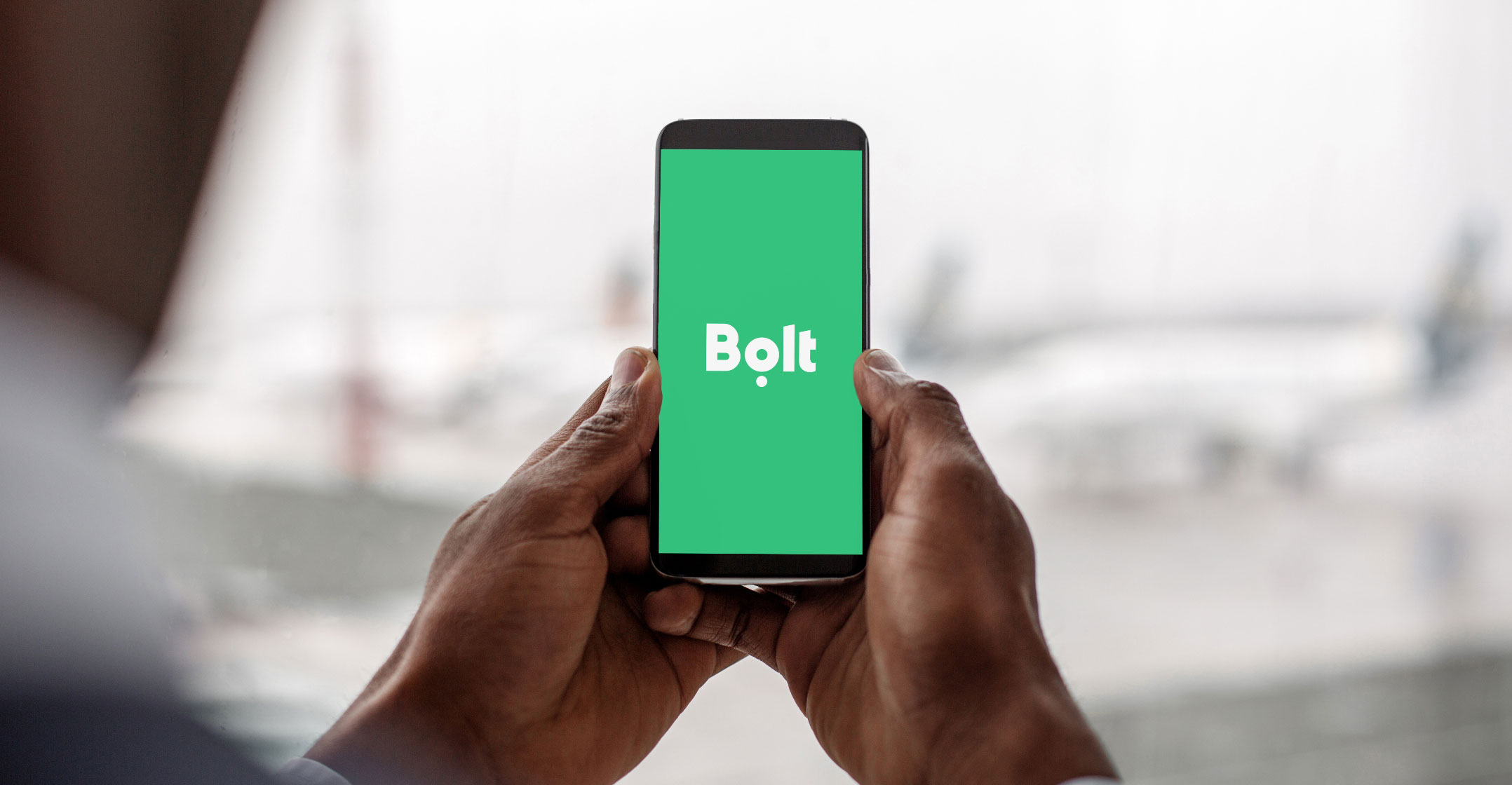 Ride-hailing company Bolt Technology is seeking credit support from the Estonian government after a switch to quarantine-friendly services didn’t make up for lost revenue and it couldn’t access bank lending under existing state guarantee terms.
Ride-hailing company Bolt Technology is seeking credit support from the Estonian government after a switch to quarantine-friendly services didn’t make up for lost revenue and it couldn’t access bank lending under existing state guarantee terms.
The service formerly known as Taxify, a rival to Uber Technologies, is asking for €50-million in loans through a state fund or public credit guarantees for bank financing, according to the Tallinn-based newspapers Aripaev and Postimees.
The Tallinn-based company will need at least €15-million/month after losing 85% of revenue, the two newspapers reported on Thursday, citing a letter from Bolt founders and main owners Markus and Martin Villig. Bolt’s request to adjust the terms of the stimulus measures is in line with the general crisis environment “where all companies are struggling”, spokesman Marek Unt said.
This is a “problem for the whole startup sector,” Unt said.
Bolt cut operating costs and expedited the opening of new services, including the launch of home food delivery and a new courier service. “Our internal measures have been effective both in terms of reducing costs and introducing new services,” Unt said. “We are considering all measures to successfully exit the crisis.”
The government is considering specific steps for start-ups and could also acquire stakes in such companies directly, IT and foreign trade minister Kaimar Karu told reporters on Thursday, when asked about Bolt’s request. The government has reserved €300-million for buying stakes in strategic companies in its revised 2020 budget draft, with shipper Tallink seen as a key candidate for a temporary purchase.
Insufficient
Uber is also expanding a programme for businesses to order food delivery to their employees’ homes in response to surging demand during the coronavirus pandemic.
Banks haven’t agreed to lend to Bolt, despite a guarantee from state fund KredEx, because they see the safety net provided by the existing terms as insufficient, the newspapers said.
Jaan Lasmanov, another spokesman for the company, earlier cited stimulus packages targeted at start-ups by France and Germany as proof that “the start-up sector needs a specific approach”. The company, which was valued at over US$1-billion last year, signed a €50-million venture debt deal with the European Investment Bank in January. It was profitable in two-thirds of its markets at the end of 2019, according to Lasmanov. — Reported by Ott Ummelas, with assistance from Piotr Bujnicki, (c) 2020 Bloomberg LP
- This article has been updated to correct the one originally published on 9 April to add attribution in the second paragraph and show that a direct loan is an option. An earlier version of the story was corrected to clarify the banks were seeking better terms and didn’t reject a loan request.

